There are growing concerns that they will push the UK to realign with the EU. Here we explore how Labour’s actions could signal a backtrack from Brexit’s foundational goals.
1. Incremental Policy Reversals

Labour appears to be carefully dialing back on Brexit through incremental policy shifts rather than outright reversals, suggesting a strategy of slowly reintegrating with the EU under the guise of improving trade and security agreements. This methodical approach could gradually erode the independence won through Brexit, aligning more with EU standards, particularly in environmental regulations and workers’ rights.
2. Economic Justifications for Reintegration

Economic challenges post-Brexit are being used to justify a closer alignment with the EU. With trade disruptions and economic downturns affecting the UK, Labour might view closer EU ties as necessary for economic revival, despite potential long-term sovereignty costs.
3. David Lammy’s Diplomatic Push
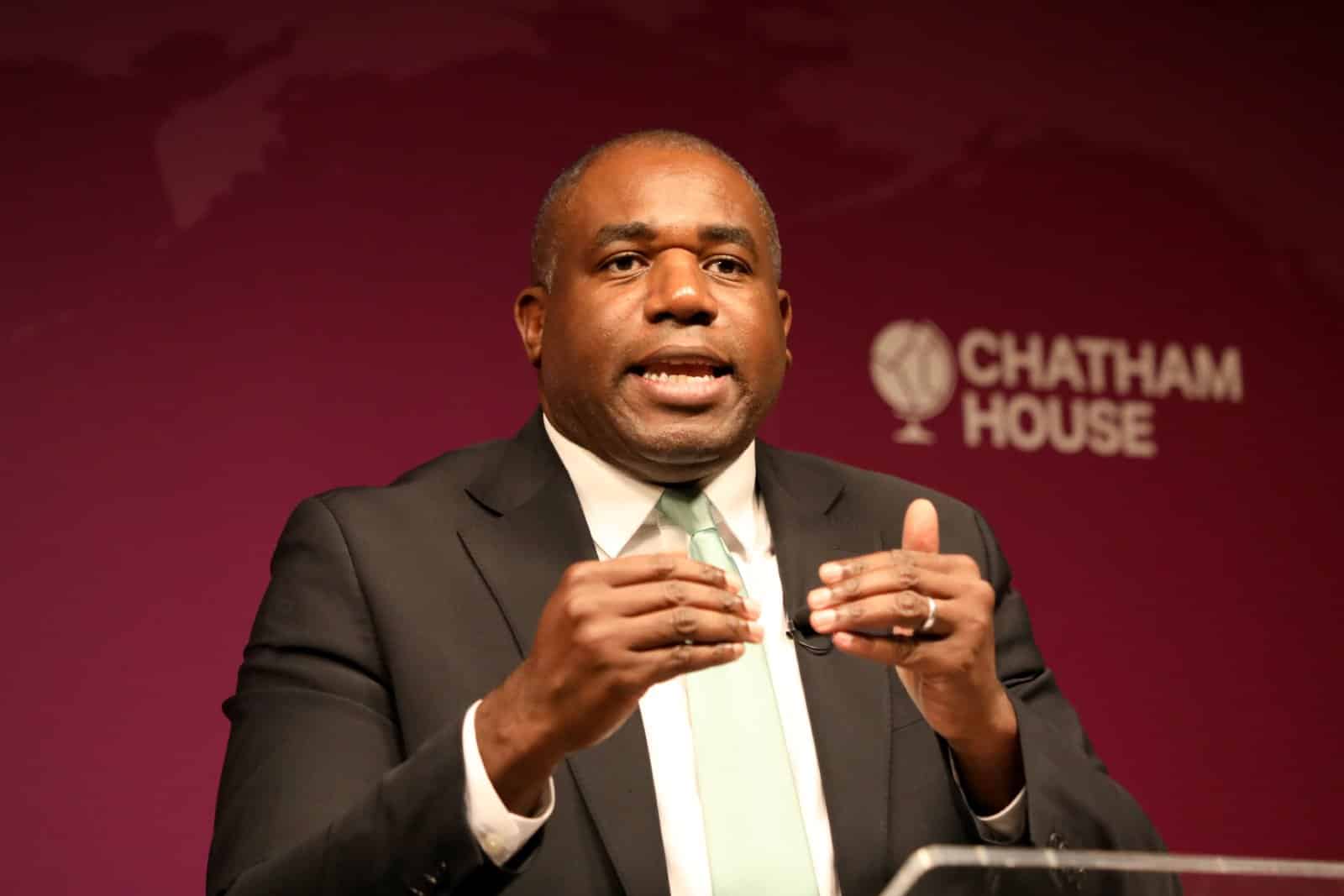
Foreign Secretary David Lammy has been vocal about resetting relationships with the EU, framing Britain as a “reliable partner, a dependable ally, and a good neighbour.” His comments in The Local Europe and planned participation in the EU Foreign Affairs Council suggest an eagerness to mend fences, potentially at the expense of the hard-earned autonomy from Brussels.
4. Defence and Security Collaboration

Hints at an “ambitious and broad-ranging” UK-EU security pact, as stated by Lammy, point towards a desire for deeper integration in areas of defence and security. While cooperation is beneficial, this move could compromise the UK’s ability to operate independently on the global stage.
5. New Deal Aspirations by Starmer
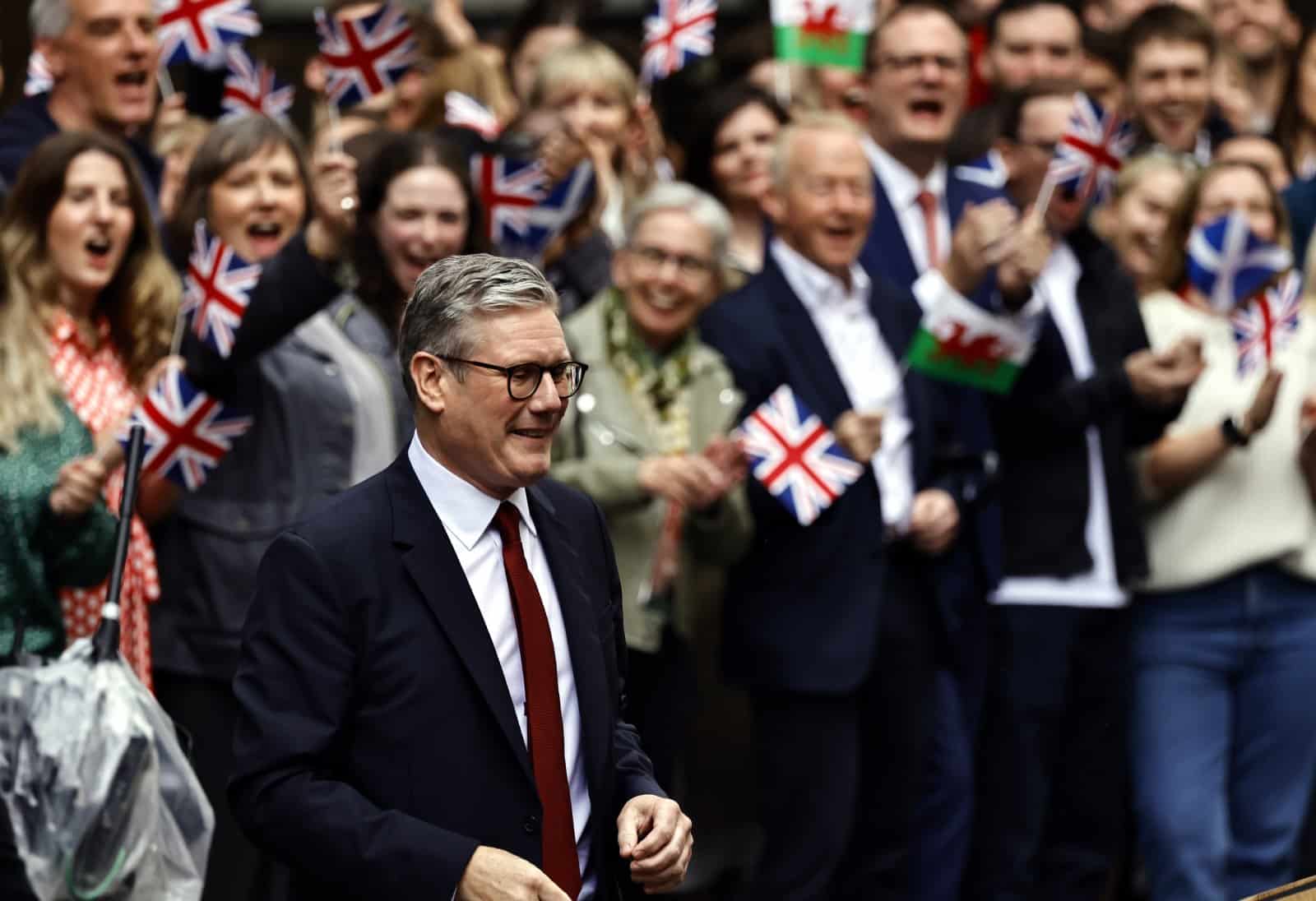
Prime Minister Starmer’s critique of Boris Johnson’s Brexit deal and his promise of negotiating a “much better deal” reveal intentions to overhaul the current UK-EU relationship. This rhetoric, focused on rectifying the supposed mistakes of the past administration, might lead to concessions that align more closely with EU frameworks.
6. Pressure From Irish and EU Officials

Support from Irish Prime Minister Simon Harris and other EU officials for renegotiating terms suggests that the EU sees an opportunity to draw the UK back into closer orbit. Harris’s comments about there being “space” to work more closely could encourage Labour to undo some of Brexit’s definitive separations.
7. Public and Business Sentiment

Growing public and business pressures, especially from industries affected by Brexit like manufacturing and creative sectors, are influencing Labour’s strategies. The party might use these pressures as leverage to justify a gradual return to EU standards and open market access.
8. Rejoining the Single Market?

Despite Keir Starmer’s assertion that rejoining the EU single market or customs union isn’t on the horizon, his administration’s actions suggest a softening stance. Labour’s pre-election rhetoric about not foreseeing a reintegration in his lifetime now clashes with post-election policies aiming for closer economic ties.
9. Freedom of Movement and Labour Market Access
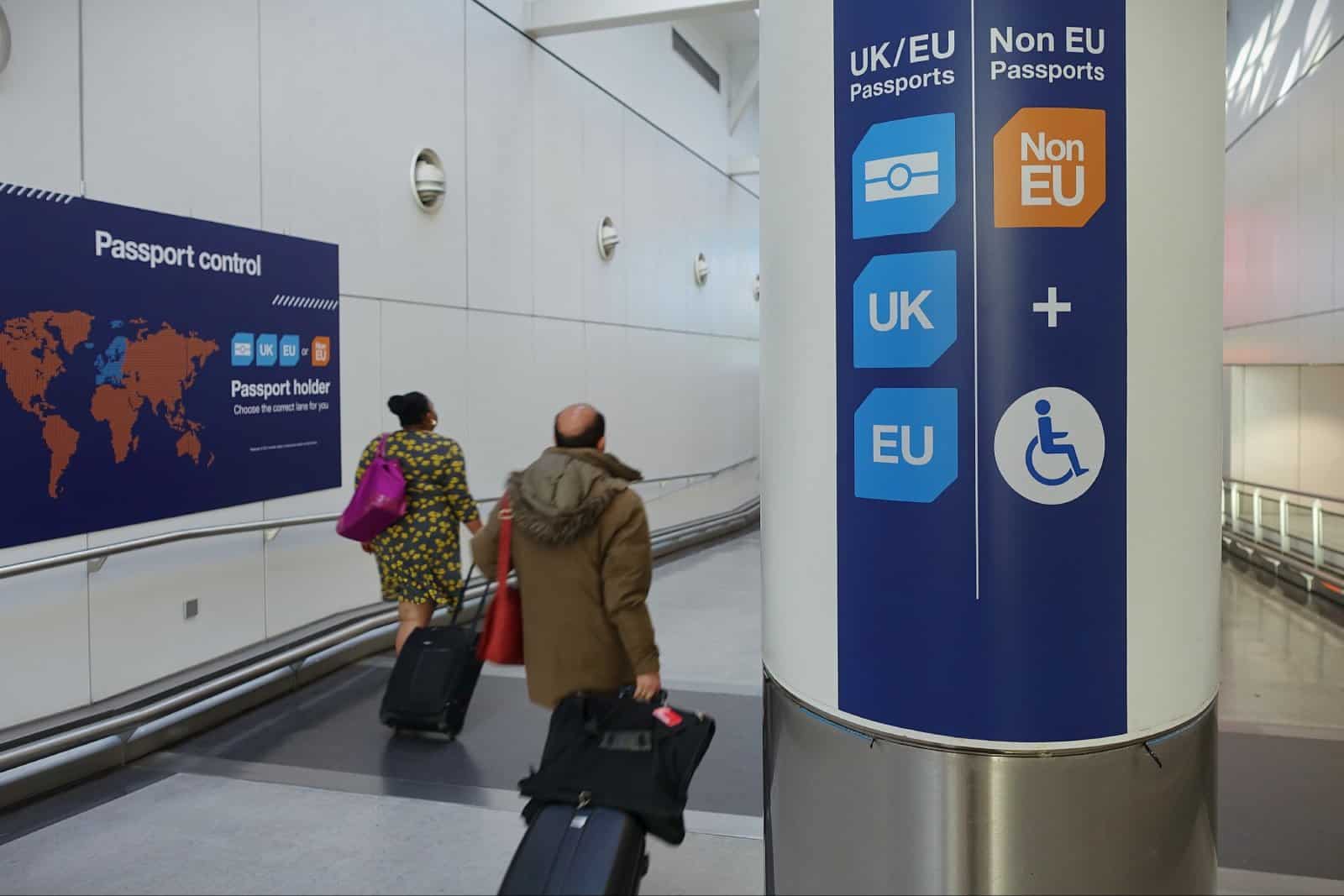
The nuanced discussions around easing labour and travel restrictions indicate a potential shift towards more open borders with the EU. While full freedom of movement is off the table, any relaxation could signal a gradual move towards pre-Brexit arrangements.
10. Legal and Regulatory Concessions

Labour’s willingness to align legally and regulatory with the EU to facilitate trade and economic cooperation suggests a potential dilution of the UK’s legislative independence. This alignment might be pitched as necessary for economic recovery but could bind the UK to EU dictates more tightly than before.
11. Cultural and Educational Reintegration Efforts

Efforts to strengthen cultural and educational ties, such as potentially rejoining the Erasmus program, while beneficial, also hint at a desire to weave the UK back into the European cultural fabric, reversing one of Brexit’s clear demarcations.
12. Security and Intelligence Sharing

Enhanced security and intelligence-sharing initiatives could tether the UK more closely to EU security mechanisms, potentially limiting its autonomy in defence matters and aligning it more with EU foreign policy priorities.
13. Trade Agreement Ambiguities
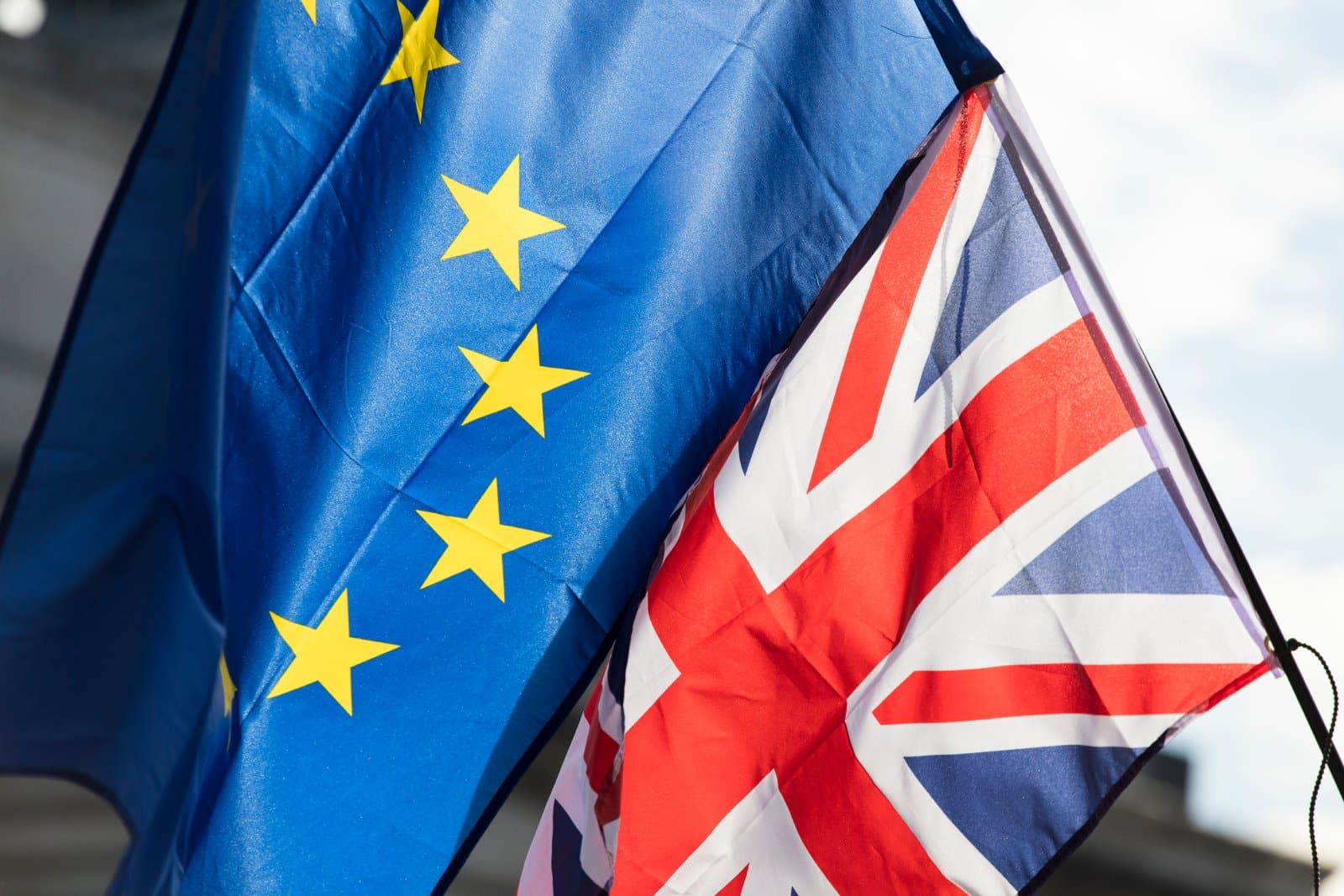
Labour’s ambiguous stance on trade agreements, especially concerning the alignment with EU rules, could erode the trade autonomy celebrated as a Brexit victory. This shift might be portrayed as necessary for economic stability but at the cost of independent trade policymaking.
14. Immigration Policy Softening

A softening of immigration policies under Labour, aimed at addressing skill shortages, could resemble pre-Brexit freedom of movement, blurring the lines of the clear immigration controls that were a cornerstone of the Brexit campaign.
15. Global Trade Realignment
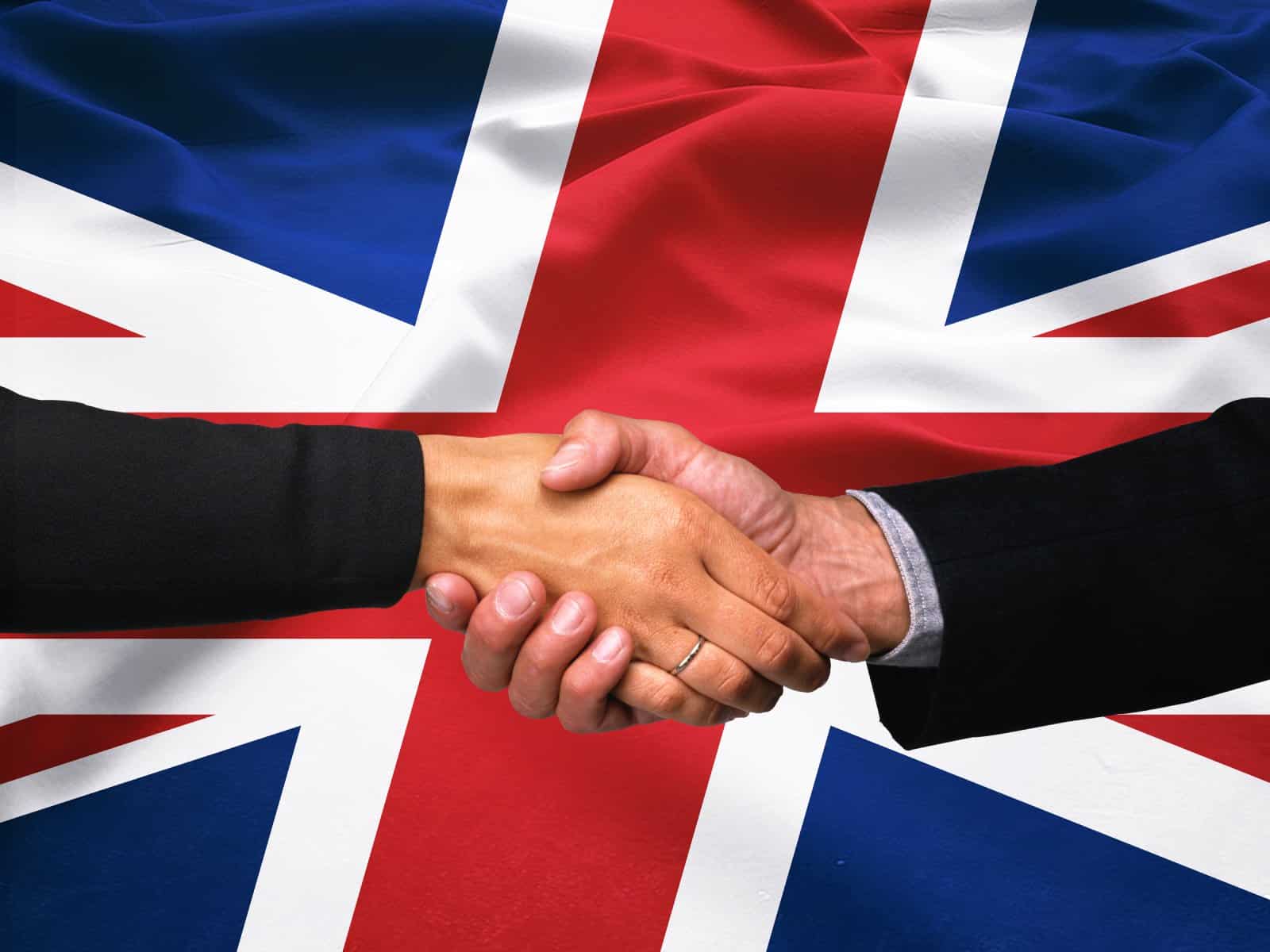
A reorientation towards the EU might compromise the UK’s ability to negotiate as an independent global trading entity, potentially stalling efforts to establish new trade deals that were a major selling point of Brexit.
16. Political Maneuvering
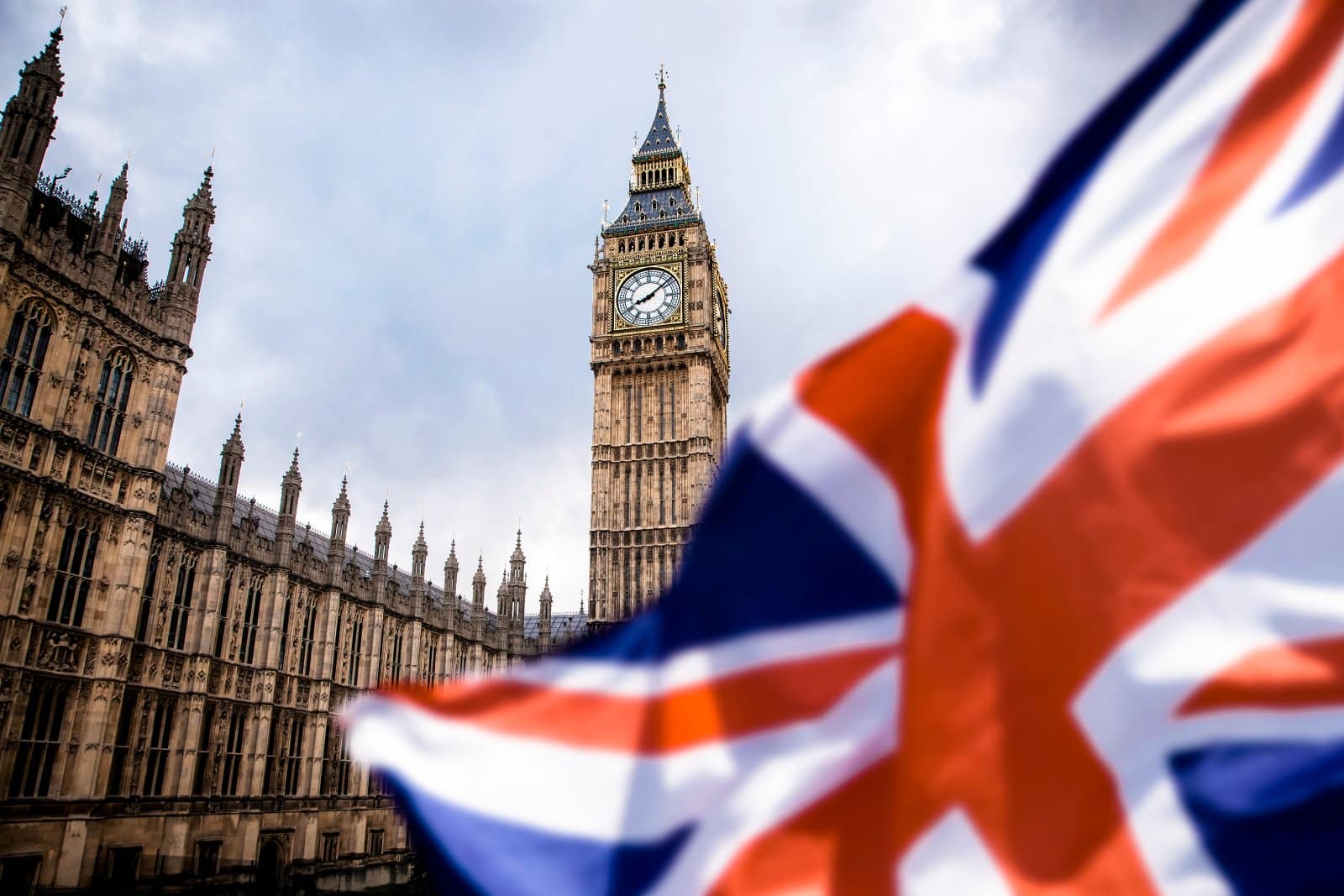
Labour’s political maneuvering, aiming to balance Remain-leaning supporters and moderate Leave voters, could result in a Brexit policy that neither fully reverses nor robustly defends the referendum’s outcome, leading to a muddled middle ground that slowly gravitates back towards EU integration.
17. Economic Pressures Driving Policy

The overarching economic narrative being constructed by Labour could be used to justify more profound shifts towards the EU, especially if touted as the only viable solution to post-Brexit economic challenges.
18. Cultural Shifts and Public Opinion

As public opinion potentially shifts due to ongoing economic hardships and cultural integration efforts, Labour could find a politically palatable path to reintegrate with the EU, using public sentiment as both shield and justification.
19. Defence and Security Overhauls
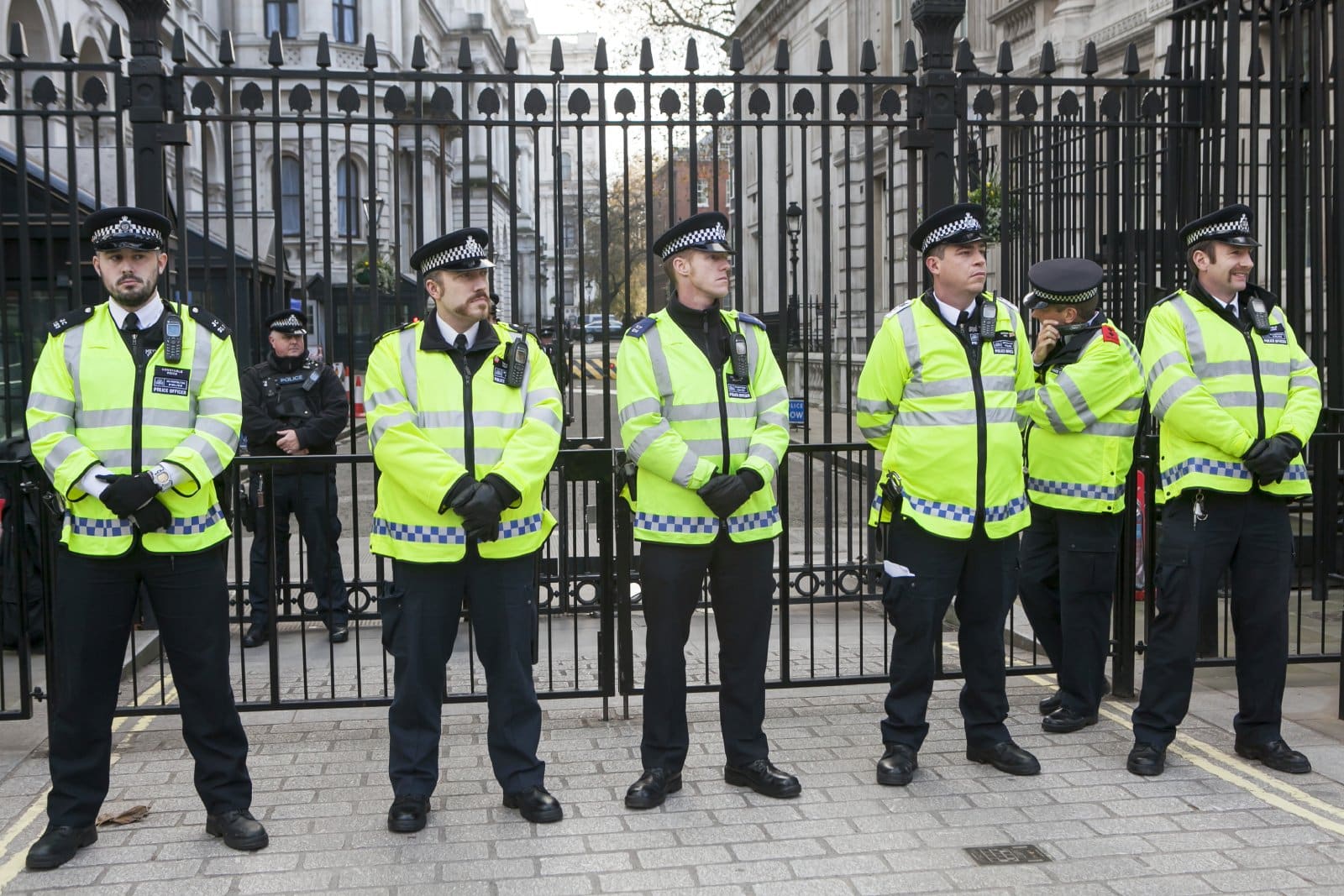
Overhauls in defence and security, under the guise of enhancing cooperation, could deepen ties with EU structures, making it difficult for the UK to claim any meaningful defence sovereignty.
20. Backdoor Negotiations

The cumulative effect of backdoor negotiations and subtle policy shifts could, over time, align the UK more closely with the EU, effectively reversing key aspects of Brexit without a formal revocation of the withdrawal.
A Quiet Return to the Fold?
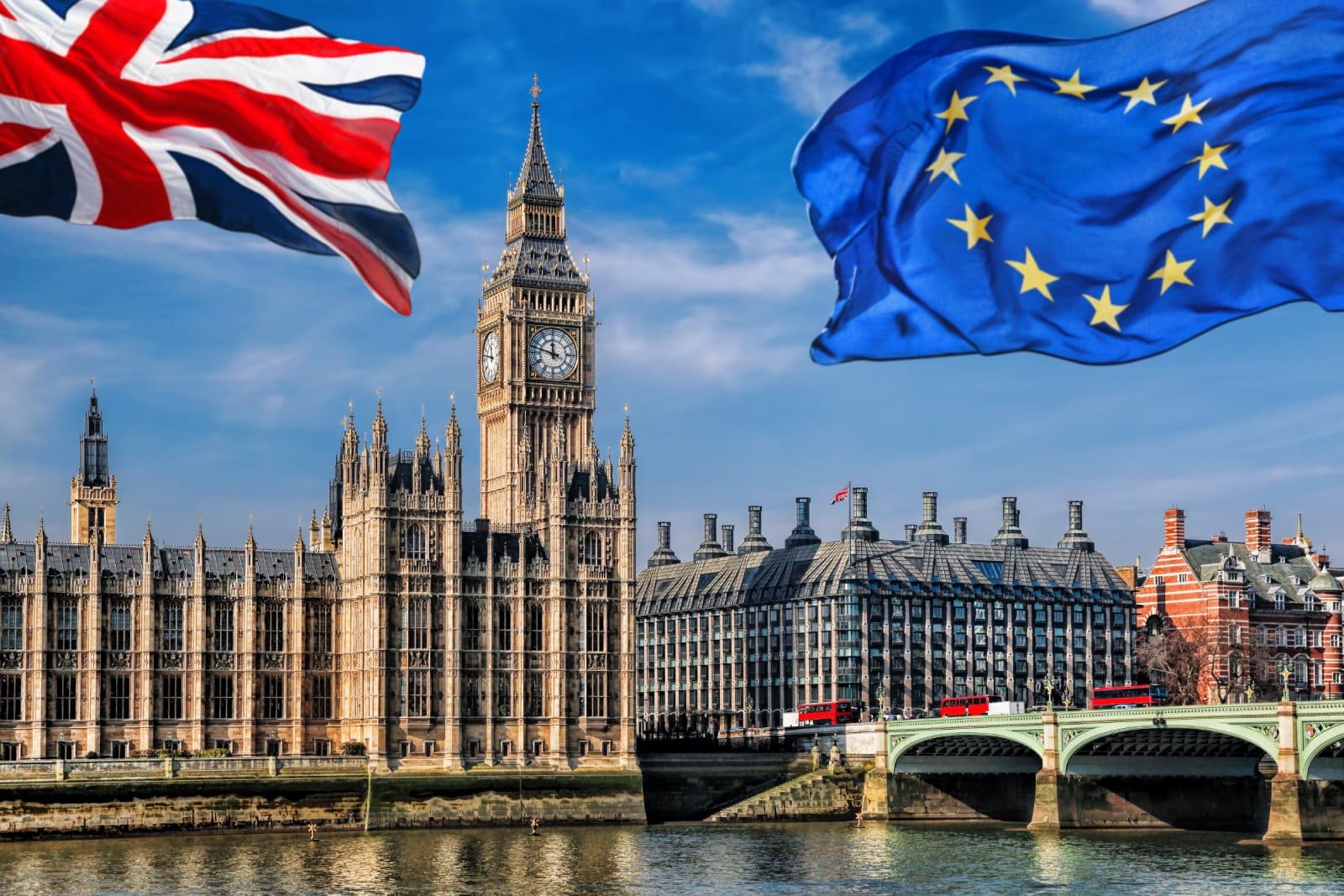
While the full reversal of Brexit remains unlikely, the trajectory set by current policies suggests a significant softening of Brexit’s hard-won boundaries. Will these actions lead to a de facto return to the EU fold, and at what cost to Britain?
The Great Escape: Wealthy Brits Flee to Dodge Labour Taxes
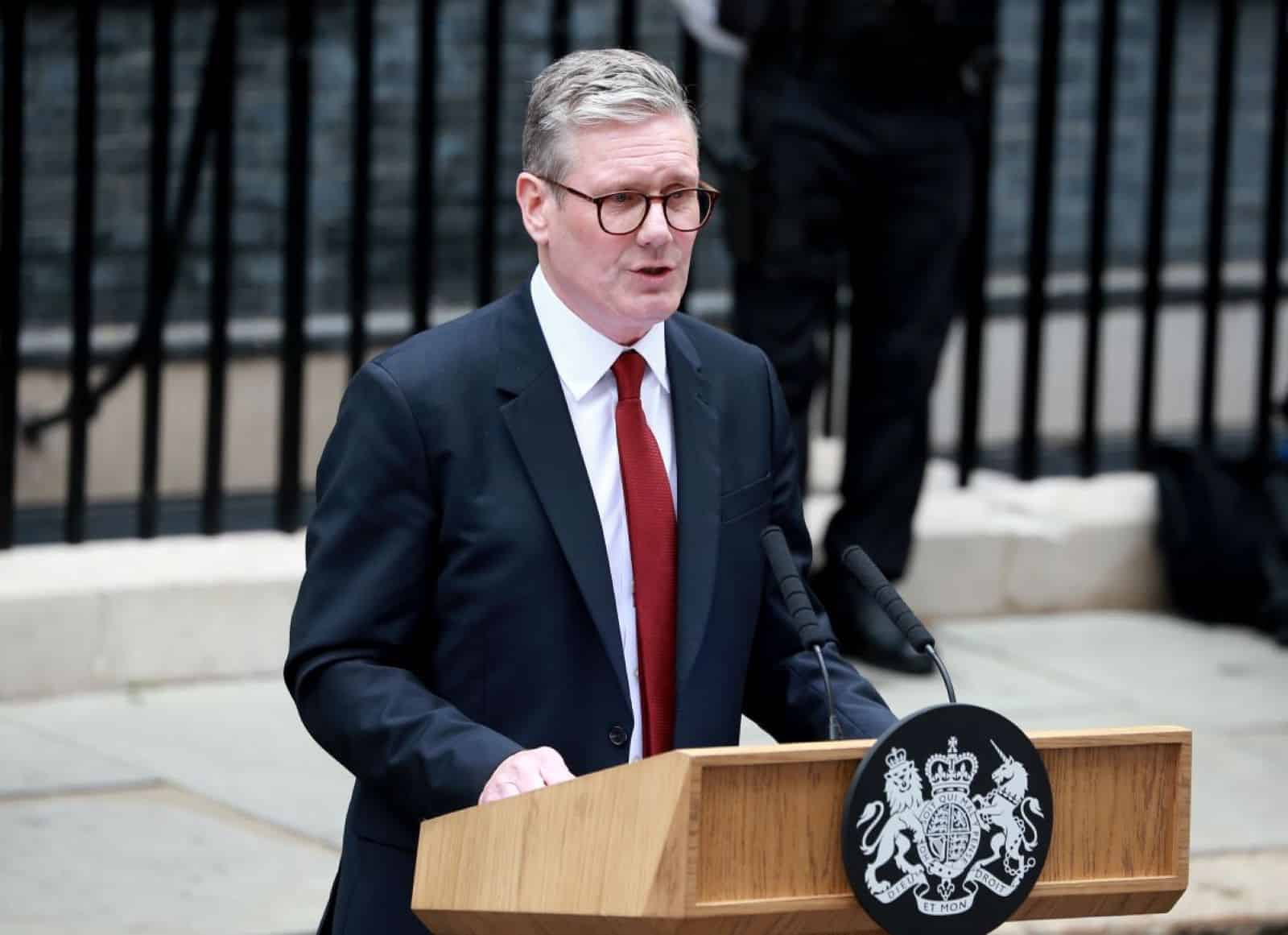
As the UK prepares for potential tax reforms, the wealthy flee in droves to avoid paying their fair share, sparking a contentious debate over tax avoidance and economic unfairness. Here’s the full story. The Great Escape: Wealthy Brits Flee to Dodge Labour Taxes
20 Signs Millennials Are Rejecting the UK’s Woke Culture

Are Millennials across the UK starting to question the pervasive ‘woke’ culture? As they navigate an increasingly complex social and economic landscape, many are seeking more practical, nuanced approaches. 20 Signs Millennials Are Rejecting the UK’s Woke Culture
New Era: Labour Enforces Strict Immigration Control With Deportations and Convictions

More than 40 criminals and migrants are sent back to Vietnam and Timor-Leste. It’s a victory as a UK-based criminal gang is sentenced. Here’s the story. New Era: Labour Enforces Strict Immigration Control With Deportations and Convictions
Featured Image Credit: Shutterstock / Martin Suker.
The images used are for illustrative purposes only and may not represent the actual people or places mentioned in the article.

